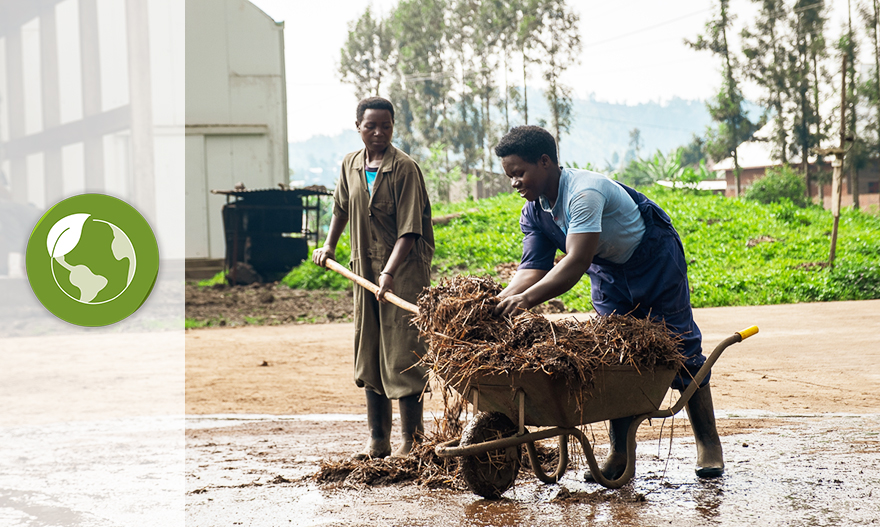
Restoration of environmental quality (Intermediate level)
Estimated duration : 9h30
The intermediate level of Route 3 (Restoration of environmental quality) consists of four activities. Each activity includes a text to read, followed by a test comprising a few simple questions to measure your mastery of the subject. At the end of the intermediate level, a summary test will be offered to you. Its results will determine your access to the advanced level.

Restoration of environmental quality (Advanced level)
Estimated duration : 11h30
The advanced level of Route 3 (Restoration of environmental quality) consists of five activities. Each activity includes a text to read, followed by a test comprising a few simple questions to measure your mastery of the subject. At the end of Route 3, a summary test will be offered to you. Its results will determine your access to the certification test.
This section considers the farm-level techniques and methods that make it possible to reduce the impact of agricultural activities and restore a sufficient level of environmental quality. The objective is to achieve a more sustainable production and packaging system. Actions that can be taken for each of the key elements of the environment (water, soil, biodiversity, air) are reviewed. We will see that recycling and recovery make a significant contribution to improving environmental performance. It is possible to treat wastewater to re-use it; to recycle vegetable by-products or waste into recoverable organic matter, making it possible to preserve or even restore long-term soil fertility; and to extract new value-added products from certain “wastes”.
We will see that in the agricultural world there is no waste: everything is recyclable or recoverable, including to produce energy (e.g. heating or electricity by biomethanisation). Finally, as part of the overall objective of reducing polluting emissions, we will see that agriculture offers great opportunities to offset greenhouse gas emissions.

